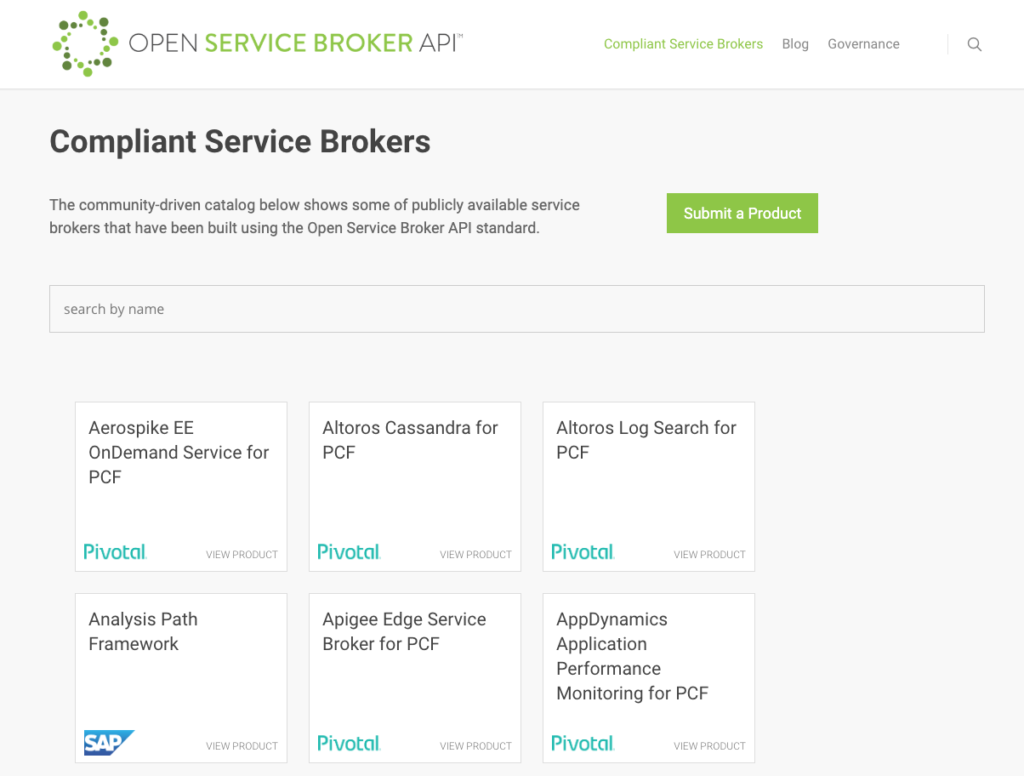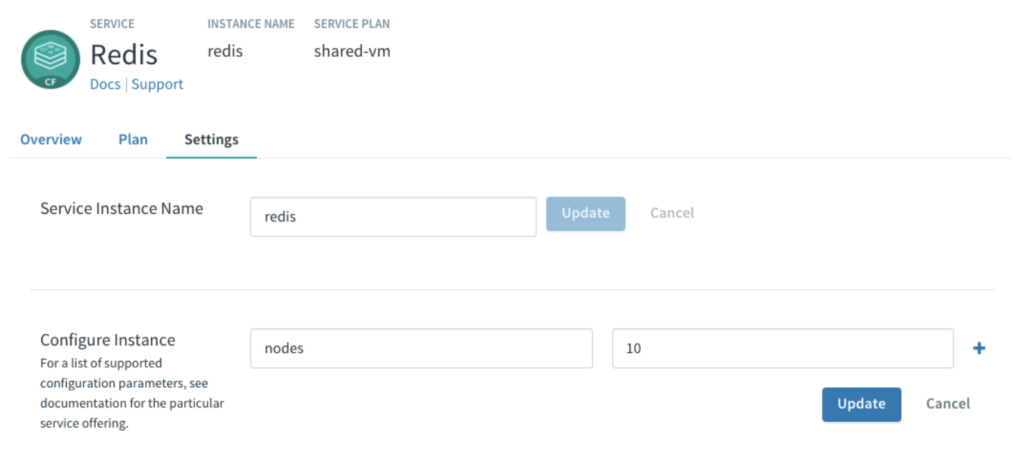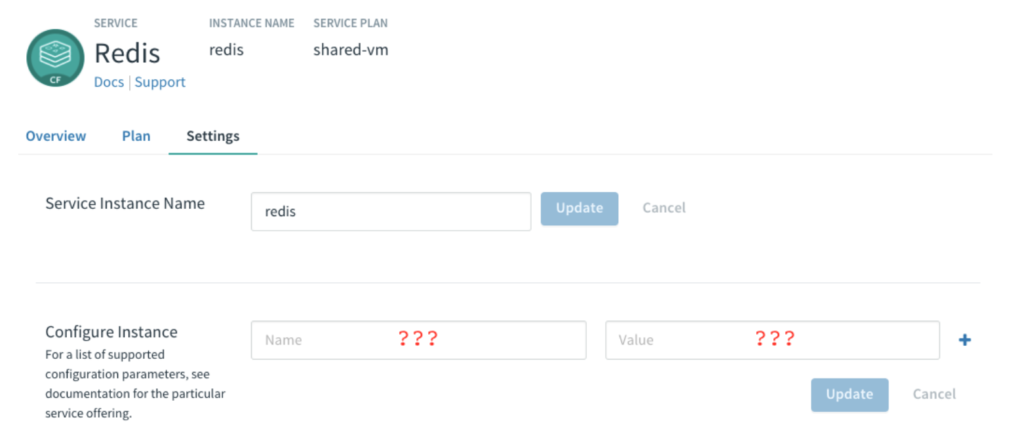By Abby Kearns
Since becoming the Executive Director for Cloud Foundry, I have been eagerly awaiting today’s launch of the Open Service Broker API project. This collaborative project with Fujitsu, Google, IBM, Pivotal, Red Hat and SAP enables developers, ISVs and SaaS vendors to deliver services to applications running within cloud-native offerings — including Cloud Foundry, OpenShift and Kubernetes — in the most straightforward, effective way possible.
Part of what I love so fiercely about the open source world is the ability to shed ego, come together to collaborate and to envision a radically open future. This type of collaborative project with Cloud Native Computing Foundation and our good friends at Fujitsu, Google, IBM, Pivotal, Red Hat and SAP is born from a shared vision of the best possible world for developers, ISVs and SaaS vendors. We are able to work together to grow our ecosystem.

The Open Service Broker API is the latest example of Cloud Foundry practicing what we preach: open source is a positive sum game. By sharing this technology more broadly, we help to standardize a critical component of cloud-native applications — services. The mission of the Open Service Broker API project is to collaboratively advance the development of a standardized approach to connecting services to platforms. This benefits absolutely everyone.
By standardizing the industry on the Open Service Broker API, we can build a foundation for an ecosystem that transcends a single community. While the Service Broker API was initially developed specifically for the Cloud Foundry platform, and is an API specification hosted at the Foundation, this specification is notably distinct from the Cloud Foundry platform. The purpose of governing the API specification as a distinct effort is to ensure an open process of collaboration and evolution of the API, as well as to support implementations of the API by other platforms and services.
The Open Service Broker API is designed to simplify service interactions for developers. As my colleague Cloud Foundry CTO Chip Childers recently explained in an article on The New Stack: “[The Open Service Broker API is] a clean abstraction that allows ‘services’ to expose a catalog of capabilities, as well as the ability to create, use and delete those services. For this to make sense, the word ‘services’ needs a bit more of a definition. We consider services to be any software or system that applications depend on for various capabilities, either as external dependencies or platform-level capabilities provided to the application.”
Since being rewritten in 2013, the v2 API solved for many of the original implementation issues and grew its capabilities. Naturally, the Cloud Foundry community began to create service broker implementations for a wide variety of applications. Even large cloud providers like Google and Microsoft began to expose their native platform capabilities via the API, making other organizations interested in Cloud Foundry or a similar platform see the potential in this rapidly proliferating ecosystem of service providers.
Meanwhile, at the Foundation, we began to understand the massive potential to help the entire industry. Multiple other projects had expressed interest in adopting the Service Broker API and integrating with Cloud Foundry. In the spirit of open source collaboration, the Cloud Foundry Foundation and Cloud Native Computing Foundation founded a working group comprised of members from Google, Engine Yard, Fujitsu, IBM, Pivotal and Red Hat, with engineers who work across projects for both foundations.
Our shared vision was to develop an industry-standard service broker that allows developers, ISVs and SaaS vendors a single, simple and elegant way to produce, sell, buy and consume software on public and private clouds. The Open Service Broker API accelerates the expansion of the global cloud ecosystem by providing a single path add services to applications. Now developers can write and configure against a single API and reach many developers across multiple platforms. As a result of this remarkable initiative, we have witnessed Kubernetes’ adoption of the Service Broker API.
There is no doubt in my mind there will be continued collaboration across the ecosystem as we embrace the industry-standard API. The open source world continues to be a meeting of the minds for a community committed to bettering its options, broadening the ecosystem and strengthening the message of open.
 Thanks to Brie and the rest of the Cloud Foundry Foundation team for all of their hard work building this! If you have any questions or feature requests, please get in touch with us on Slack.
Thanks to Brie and the rest of the Cloud Foundry Foundation team for all of their hard work building this! If you have any questions or feature requests, please get in touch with us on Slack.

 At some later point in time, the operator may determine a need to increase or reduce capacity, but how do they know the current allocation, in order to make a relative adjustment?
At some later point in time, the operator may determine a need to increase or reduce capacity, but how do they know the current allocation, in order to make a relative adjustment? The new supported endpoints allow this kind of information for Service Instances and Bindings to be fetched from a Service Broker.
The new supported endpoints allow this kind of information for Service Instances and Bindings to be fetched from a Service Broker.



